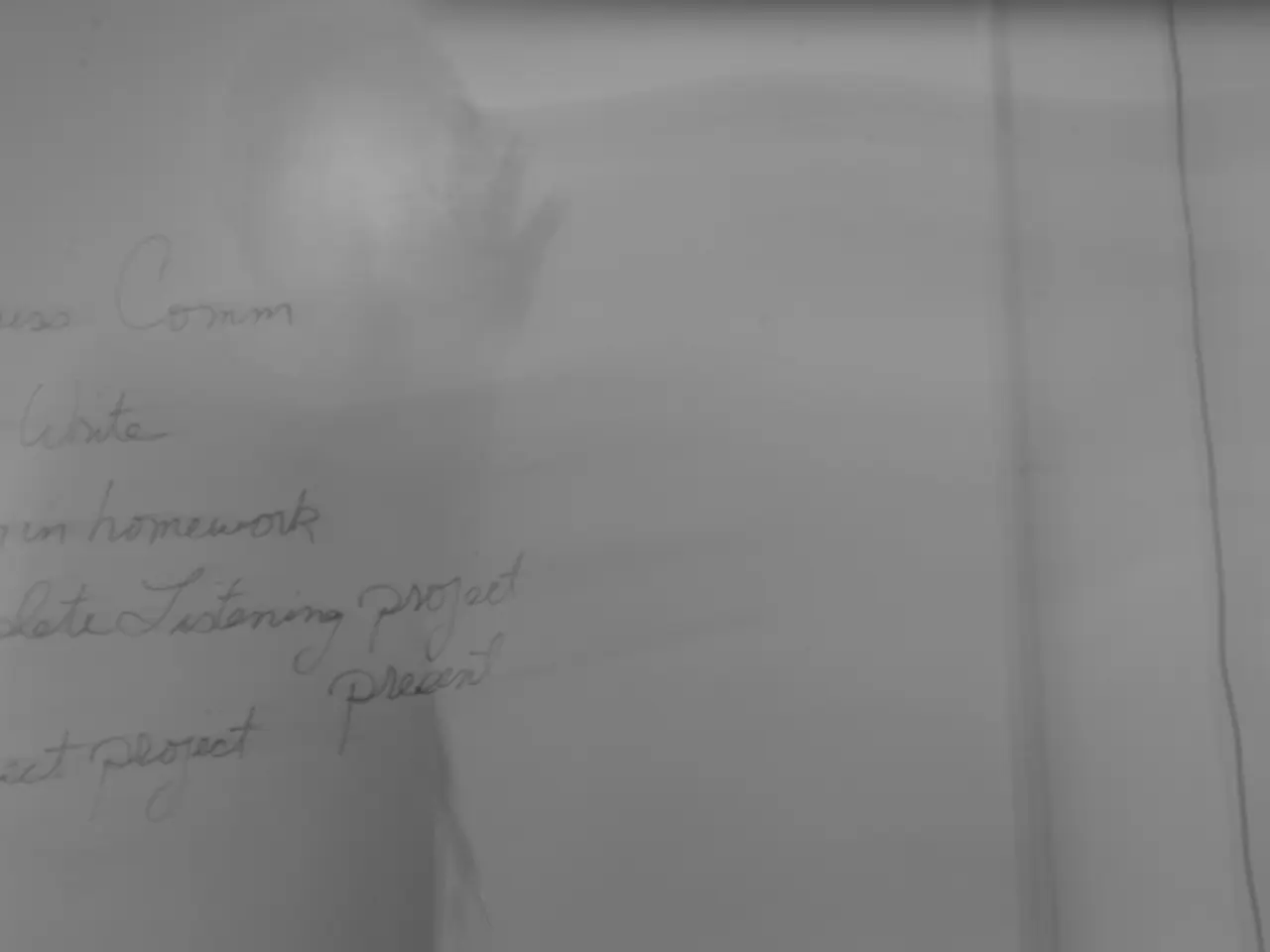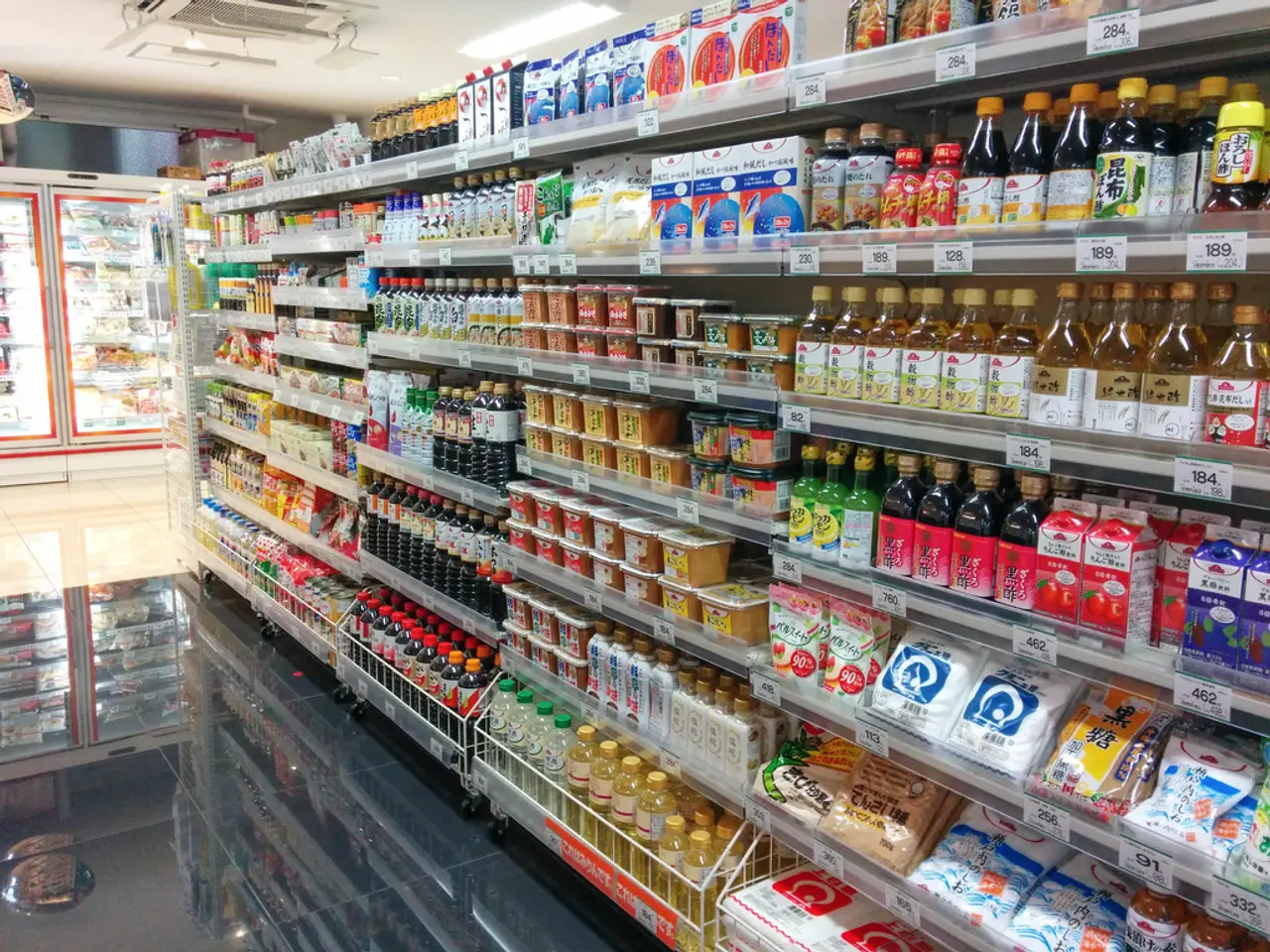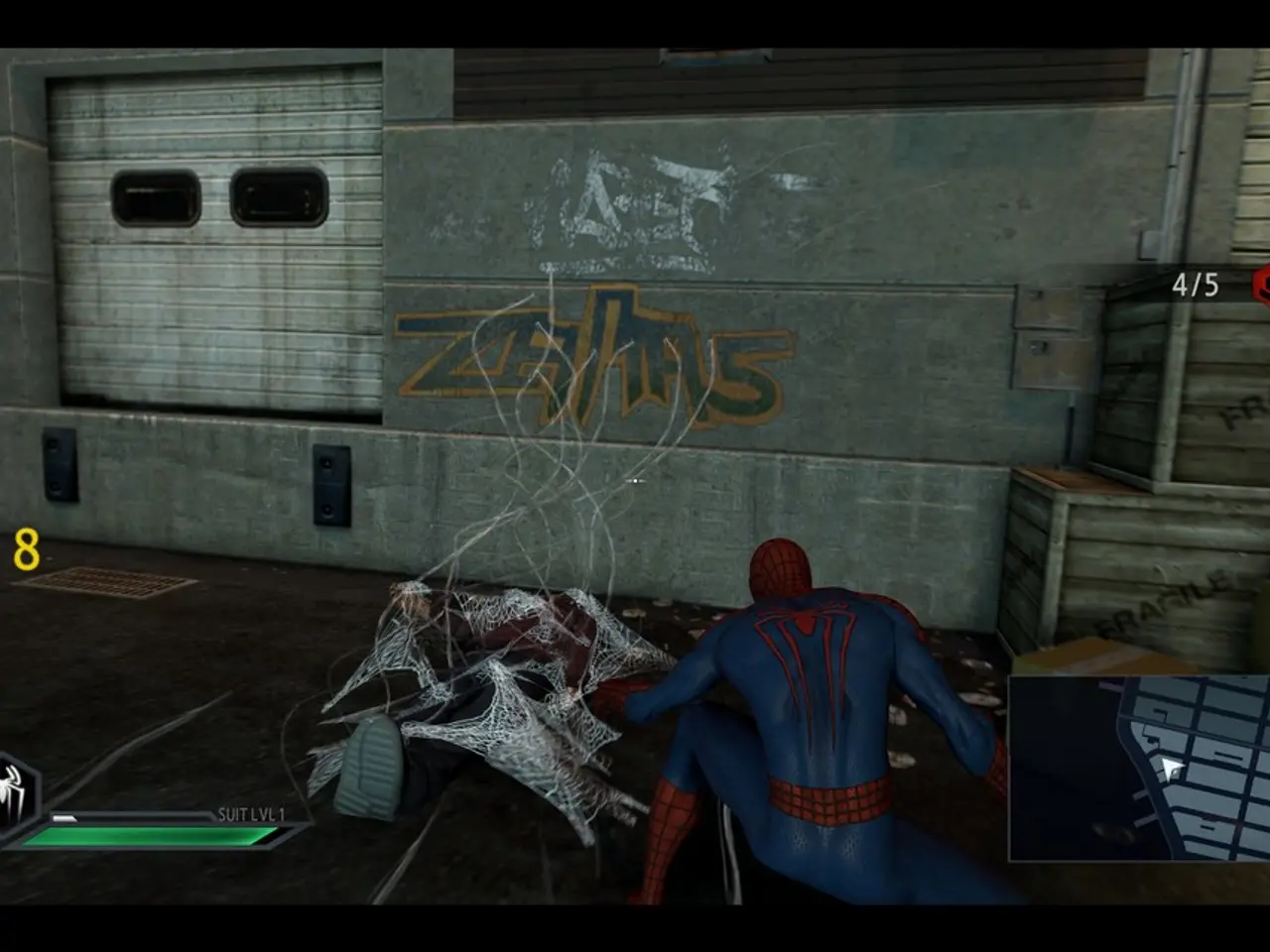Artist Norbert Bisky openly portrays sexuality in his visual works.
In the heart of Berlin, the Esther Schipper gallery is currently hosting Norbert Bisky's thought-provoking art exhibition, "Polympsest". This exhibition, as the title suggests, is a visual exploration of the city's multilayered history and identity.
Bisky, a renowned artist known for his diverse and evolving body of work, has created 17 large-scale oil paintings and two sculptures for this exhibition. The title "Polympsest", a neologism inspired by the concept of a palimpsest, symbolises the multilayered process of remembering and historicising. It reflects the coexistence and interaction of layers of memory, history, and identity, much like the layered historical narratives embedded in Berlin.
The artworks in "Polympsest" delve into the representation of existential states through bodies and forms, mirroring the complex interplay of past and present, individual and collective experiences. Bisky's paintings and sculptures serve as a visual language that embodies this dynamic layering, making the exhibition a meditation on the ongoing dialogue between memory, history, and identity in a city with such a charged historical backdrop.
Norbert Bisky, the son of the late PDS politician Lothar Bisky, finds humour in his art, as evidenced by his laughter when discussing the inclusion of young, barely clothed men in his artwork. However, his work also reflects his deep concern for societal issues. He believes that a society that has something to hide or suppress starts to discriminate against minorities. This sentiment is echoed in his depictions of young, barely clothed men, which are not merely aesthetic choices but rather reflect his view of the world.
The war in Ukraine has had a profound impact on Bisky's perspective. He has captured one of the ruined houses from Ukraine in one of his paintings, symbolising the devastating consequences of conflict. His personal connections in Ukraine, such as friends who long for freedom and peace, further underscore his commitment to addressing social issues in his art.
One of the sculptures in the exhibition, a large blue neon letter 'J', holds particular significance for Bisky. It was once part of the advertisement 'Jeden Mann zieht Betex an', which stood at the heart of Berlin's gay scene. Bisky is proud of this piece of queer Berlin history and finds it a poignant reminder of the struggles and triumphs of the LGBTQ+ community.
"Polympsest" is more than just an exhibition; it is a testament to the power of art in reflecting and shaping society. It invites viewers to engage with the complex layers of history and identity that define Berlin and, by extension, our collective human experience. Through his art, Norbert Bisky encourages us to remember, to question, and to reflect on our past, present, and future.
- Norbert Bisky's artistic representation in "Polympsest" extends beyond fashion-and-beauty, exploring existential states through bodies and forms, reflecting the intricate interplay of past and present, individual and collective experiences.
- Amidst the war-and-conflicts, the war in Ukraine has had a profound impact on Bisky, as seen in one of his paintings that symbolizes the devastating consequences of conflict, serving as a stark reminder of society's struggles.
- In addition to his concern for societal issues, politics plays a significant role in Bisky's work, with his depictions of young, barely clothed men not merely aesthetic choices but rather a reflection of his view on societies that suppress minorities.







